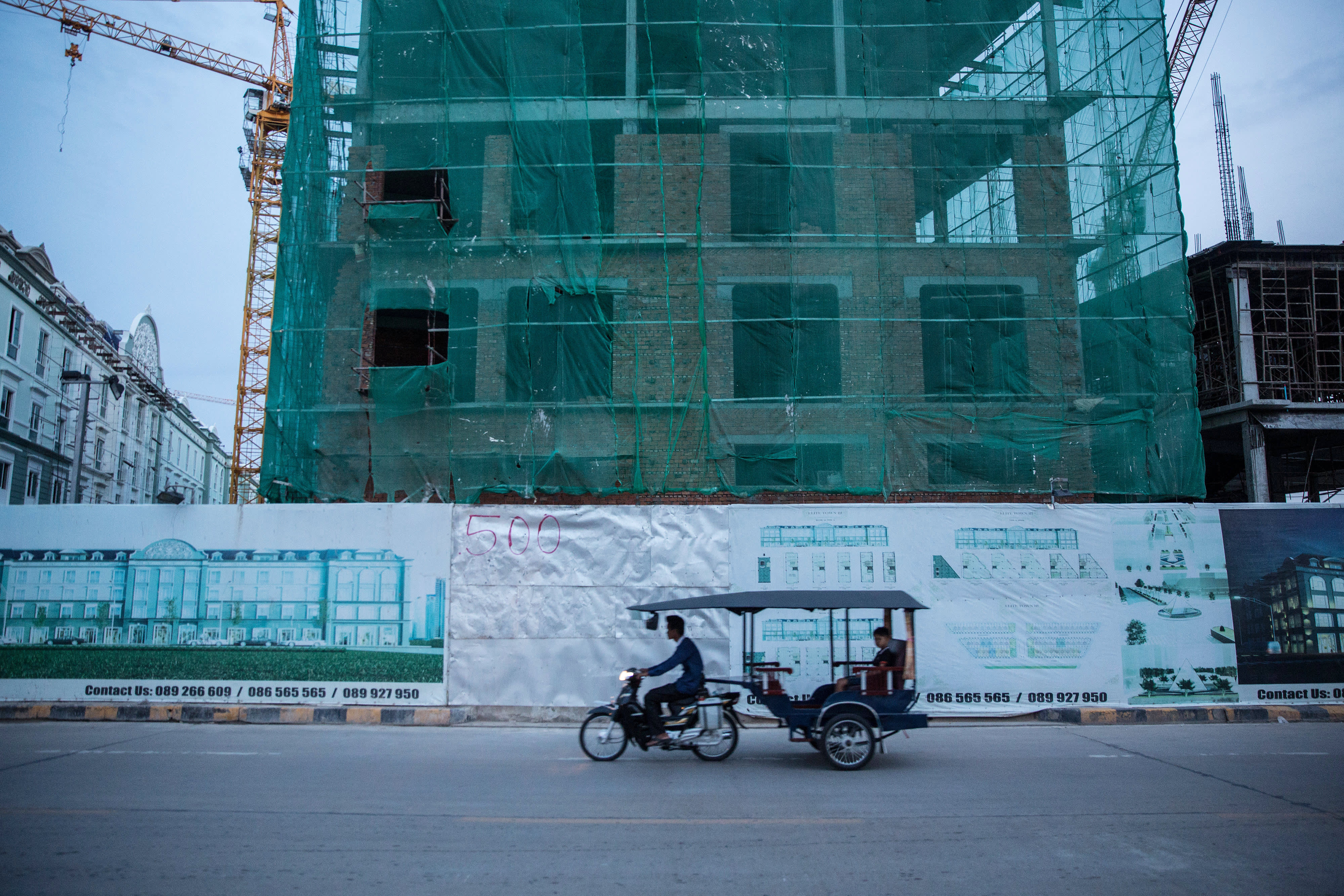Easy credit is becoming less available in China’s real estate market, but CapitaLand Group’s Andrew Lim says fiscally prudent firms could stand to benefit.
“In the current climate where other companies may be more fiscally challenged without access to credit, we’re now in the position to sort of level the playing field,” Lim, CapitaLand’s group chief financial officer, told CNBC’s “Squawk Box Asia” on Tuesday. “We’re certainly seeing those opportunities emerge and are sort of looking at how we can best take advantage of that.”
China is a significant market for CapitaLand and makes up about 40% of the Singapore-headquartered real estate giant’s portfolio, according to its latest business update. The firm claims to be “one of the first foreign real estate players in China,” with a portfolio of more than 200 properties in over 40 Chinese cities.
Chinese authorities have for months attempted to cool the country’s real estate market by cracking down on speculation. One of the firms in the spotlight is major property developer China Evergrande Group, which is working to resolve its debt situation.
In July, China’s housing ministry said the country aims to clean up irregularities in its property sector within three years.
Lim said, however, real estate speculation is not limited to China. He added signs of such behavior are “emerging again in many markets.”
“I think this is the idea that, in the absence of other investible opportunities, real estate is often the go-to sector,” Lim said, adding that this tends to result in speculative behavior, particularly in residential real estate.
Governments are now responding to rising speculation and in China, Lim said authorities have taken “very decisive moves” to cool the sector and reduce speculation in the residential market.
Those measures, however, hurt developers that relied on speculative buying and used credit to expand quickly, he explained.
“In order to continue to thrive, one must be able to sort of augment the operating model in China to be able to take advantage of that, rely on our own as well as other third party sources of capital,” Lim said.
